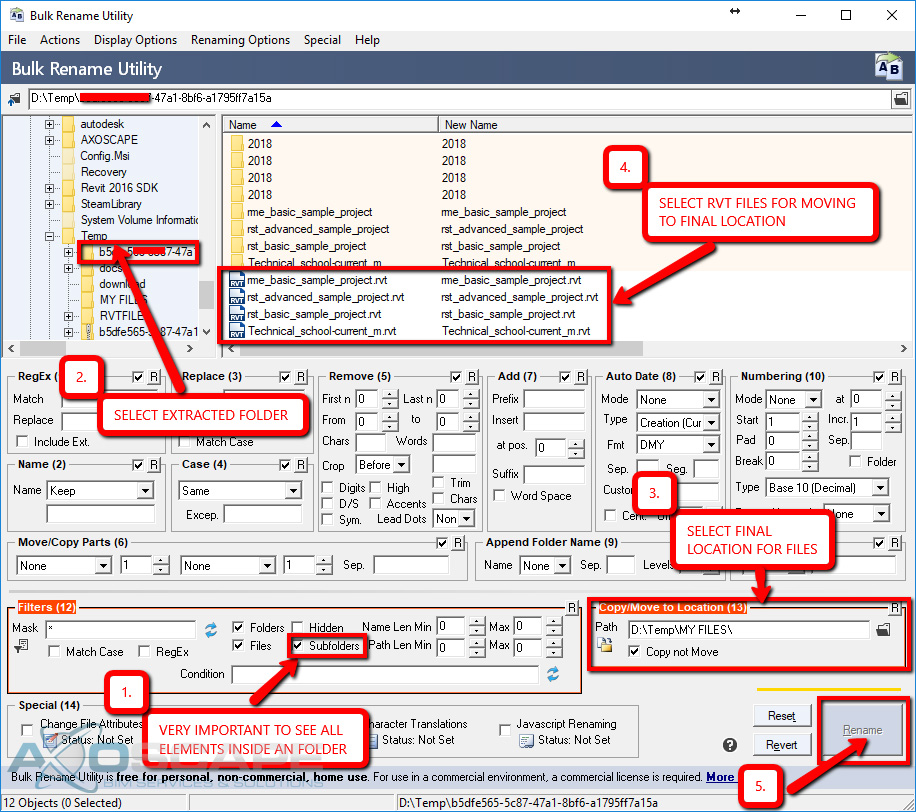


"" wrote 4 bytes to a remote process "C:\Users\%USERNAME%\AppData\Local\Temp\is-D46FU.tmp\BRU_setup_3.0.0.1.tmp" (Handle: 168) Reads terminal service related keys (often RDP related)Īdversaries may target user email to collect sensitive information from a target. Remote desktop is a common feature in operating systems. The system time is set and stored by the Windows Time Service within a domain to maintain time synchronization between systems and services in an enterprise network.Īdversaries may attempt to get a listing of open application windows.Īdversaries may attempt to gather information about attached peripheral devices and components connected to a computer system. Reads the registry for installed applications Reads information about supported languages Tries to access unusual system drive lettersĪdversaries may interact with the Windows Registry to gather information about the system, configuration, and installed software. Malware, tools, or other non-native files dropped or created on a system by an adversary may leave traces behind as to what was done within a network and how.Īdversaries can use methods of capturing user input for obtaining credentials for ] and information ] that include keylogging and user input field interception.Ĭontains ability to retrieve keyboard strokesĪn adversary may attempt to get detailed information about the operating system and hardware, including version, patches, hotfixes, service packs, and architecture.Īdversaries may attempt to get information about running processes on a system.Īdversaries may enumerate files and directories or may search in specific locations of a host or network share for certain information within a file system. Process injection is a method of executing arbitrary code in the address space of a separate live process.Īllocates virtual memory in a remote processĪdversaries may interact with the Windows Registry to hide configuration information within Registry keys, remove information as part of cleaning up, or as part of other techniques to aid in ] and ]. Installs hooks/patches the running process Windows processes often leverage application programming interface (API) functions to perform tasks that require reusable system resources. Opens the Kernel Security Device Driver (KsecDD) of Windows Loadable Kernel Modules (or LKMs) are pieces of code that can be loaded and unloaded into the kernel upon demand. Modifies auto-execute functionality by setting/creating a value in the registry

Adding an entry to the "run keys" in the Registry or startup folder will cause the program referenced to be executed when a user logs in.


 0 kommentar(er)
0 kommentar(er)
